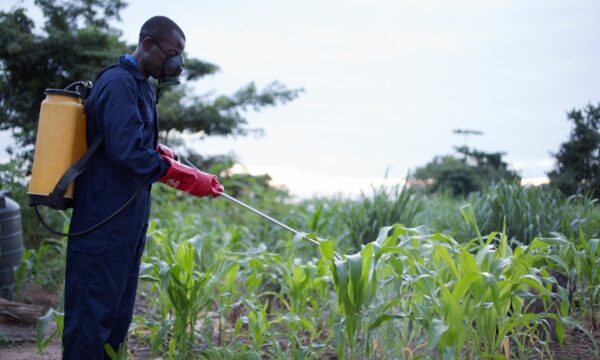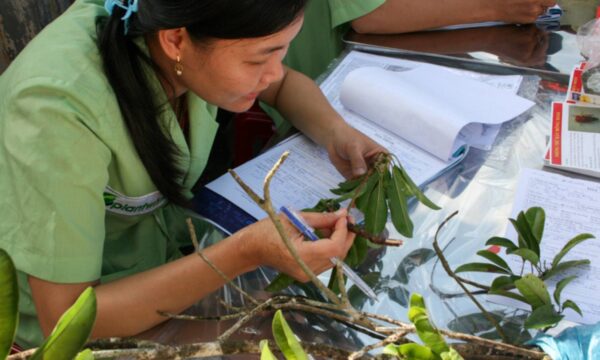Earlier this month, Dr Adrian Newton from the James Hutton Institute spoke about the implications of climate change for pathogen defence in plants, at the Society for General Microbiology Spring Conference in Harrogate, North Yorkshire, UK.
He explained, “The communities of microbes on plants are complex and include harmless and beneficial organisms as well as those that cause disease on plants and humans. We need to understand the dynamics of complex microbial communities and their interactions to be able to predict the likelihood of disease”, reported ScienceDaily.
Dr Newton explained, “Climate change adds an extra layer of complexity to an already complex agro-ecological system. Higher temperatures, increasing levels of carbon dioxide, water limitation and quality may all affect existing plant microbes as well as favouring the appearance of new microbes. This may increase the incidence of some diseases and reduce the incidence of others.”
As co-author of ‘Climate change, plant disease and food security: an overview’, published in Plant Pathology’s special issue, ‘Climate change and plant diseases’ in February, Newton used Fusarium head blight (FHB) as a case study to illustrate the point. Chakraborty and Newton (2011) explained that pest and disease management has helped to double food production in the past 40 years, but pathogens still claim 10-16% of the global harvest. In recent decades, FHB has re-emerged as a disease of global significance, causing yield loss and reduced grain quality, resulting in price discounts with an estimated cost of $2.7 billion in the northern great plains and central USA from 1998 to 2000.
FHB severity is affected by climate and atmospheric composition changes. Rainfall, humidity, and temperature changes all influence the main strain of FHB, including the quantity of the harmful mycotoxin produced by the fungus. An increase in the number of crops containing potentially dangerous levels of mycotoxin and the risk of epidemics of this fungal disease, is expected across the UK over the next few decades, according to mathematical modelling.
Related News & Blogs
How do pest risk registers address the spread of plant pests in Africa?
Pest risk registers can help to solve problems in agriculture, addressing the growing global threat of plant pests. Moreover, changing weather patterns, led by rising temperatures, are causing them to reproduce faster and expand into new regions. In ad…
10 July 2025




